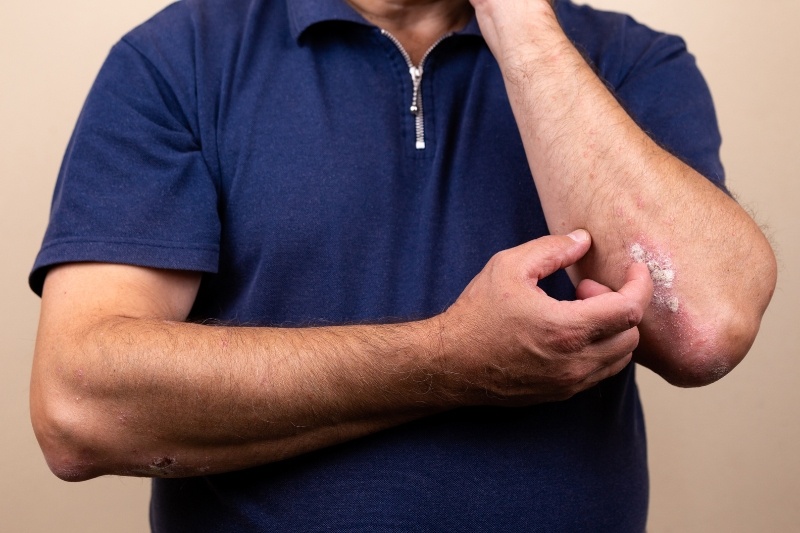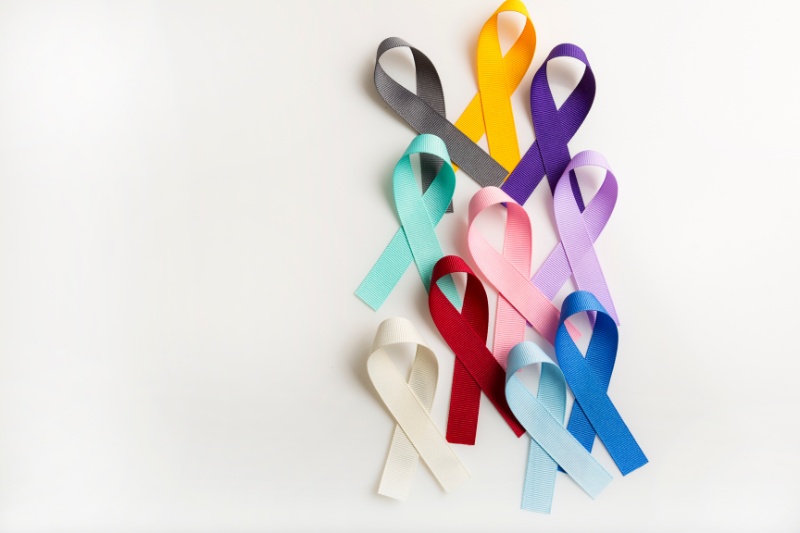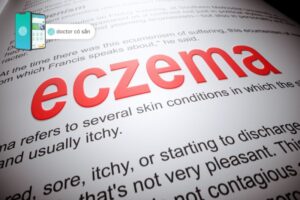End-stage HIV is undoubtedly the most dangerous stage that people living with HIV have to face. So, what is this stage? How dangerous is it, and what should patients do? Docosan will answer all of these questions in the following article.
Tóm tắt nội dung
Docosan provides HIV/Syphilis home test kit
The Docosan HIV/Syphilis Rapid Test Kit was created based on simplicity, ease of use, and privacy, as you can do it and know the results right at home. With this Test Kit, you can detect HIV and syphilis in just 15 minutes with many services that make testing more convenient than ever. After obtaining the test results, you can book a free appointment with a specialist on Docosan for advice on the results and appropriate treatment instructions, to help you and your loved ones stay healthy!

Mời bạn tham khảo sản phẩm Xét Nghiệm HIV/Giang Mai Tại Nhà
What is end-stage HIV?
AIDS is the end stage of HIV, which occurs when the body’s immune system is severely damaged by the virus. In the US, most people with HIV do not develop AIDS because taking HIV medication daily as prescribed stops the progression of the disease.
A person with HIV is considered to have progressed to AIDS when:
- Their CD4 cell count dropped below 200 cells per cubic millimeter of blood (200 cells/mm3). In a person with a healthy immune system, the CD4 count is between 500 and 1,600 cells/mm3.
- They develop one or more opportunistic infections regardless of their CD4 count.

Without HIV medicine, people with AIDS usually live about 3 years. Once someone has a dangerous opportunistic disease, the survival time without treatment is reduced to about 1 year. HIV medication can still help people at this stage of HIV infection, and it can even save lives. But people who start ART soon after contracting HIV will enjoy more benefits, which is why HIV testing is so important.
Signs and symptoms of end-stage HIV
- Sweat
- Chills
- Recurrent fever
- Chronic diarrhea
- Swollen lymph nodes
- Persistent white spots or unusual lesions on your tongue or in your mouth
- Unexplained persistent fatigue
- Weak
- Losing weight
- Rash or goosebumps

Complications of end-stage HIV
HIV infection weakens your immune system, making you more likely to get many infections and certain types of cancer.
HIV/AIDS infection
- Pneumocystis pneumonia (PCP): This fungal infection can cause severe illness, although its incidence has decreased significantly with current HIV/AIDS treatments. In the US, PCP is still the most common cause of pneumonia in people with HIV.
- Candida (thrush): Candida is a common infection associated with HIV, causing inflammation and creating a thick, white coating on the mouth, tongue, esophagus, or vagina.
- Tuberculosis (TB): Tuberculosis is a common opportunistic infection associated with HIV. Worldwide, it is the leading cause of death among people with AIDS, although it has become less common thanks to the widespread use of HIV drugs.
- Herpes Simplex Virus (HSV): This common herpes virus is transmitted through body fluids such as saliva, blood, urine, semen, and breast milk. A healthy immune system can inactivate the virus, which remains dormant in your body. If your immune system is weakened, the virus can emerge, damaging your eyes, digestive tract, lungs, or other organs.
- Cryptococcal Meningitis: Meningitis is an inflammation of the membrane and fluid surrounding the brain and spinal cord (meninges). Cryptococcal meningitis is a common central nervous system infection associated with HIV, caused by a soil-borne fungus.
- Toxoplasmosis: This potentially deadly parasitic infection is caused by Toxoplasma gondii, a parasite that mainly spreads through cats. Infected cats transmit the parasite in their feces, which can then spread to other animals and humans. Toxoplasmosis can cause heart disease, and when it spreads to the brain, it can cause seizures.

Common cancers for HIV/AIDS
People who often have end-stage AIDS are often prone to cancer because their organs have been significantly impaired. Some common cancers are:
- Lymphoma: This cancer starts in the white blood cells. The most common early sign is painless swelling of the lymph nodes in the neck, armpit, or groin.
- Kaposi’s sarcoma: A tumor of the blood vessel wall, Kaposi’s sarcoma usually appears as pink, red, or purple lesions on the skin and mouth. In people with dark skin, the lesions may be dark brown or black. Kaposi’s sarcoma can also affect internal organs, including the gastrointestinal tract and lungs.
- HPV-associated cancers: These are cancers caused by infection with the human papillomavirus (HPV). These include anal, oral, and cervical cancers.

HIV prevention
Although many researchers are working to develop a vaccine, there is currently no vaccine to prevent HIV transmission. However, taking certain steps can help prevent HIV transmission.
The most common way of transmitting HIV is through anal or vaginal sex without using a condom or other barrier method. This risk cannot be completely eliminated unless sex is completely avoided, but the risk can be significantly reduced by taking some precautions.
A person concerned about their HIV risk should:
- Get tested for HIV: It is important for them to find out their status and that of their partner before having sex.
- Get tested for other sexually transmitted infections (STIs): If they test positive for one, they should get treatment because having an STI increases the risk of HIV infection.
- Use condoms: They should learn to use condoms properly and use them every time they have sex, whether it’s vaginal or anal intercourse. It’s important to note that pre-testicular fluid (secreted before a man ejaculates) can contain HIV.
- Take medication as directed if they have HIV: This reduces the risk of passing the virus on to their sexual partners.
- Avoid sharing needles or other items: HIV is transmitted by blood and can be contracted by using materials that come in contact with the blood of an HIV-infected person.

End-stage HIV is extremely dangerous with a high mortality rate. Therefore, it is important to get tested regularly and start HIV treatment as early as possible. If you already have HIV, regularly taking medications and maintaining a healthy lifestyle can help slow down the progression of the disease.
Ngoài ra, mời bạn tham khảo thêm sản phẩm Gói xét nghiệm HIV có tại Docosan
The article is consulted from doctors and reliable domestic and foreign sources.












